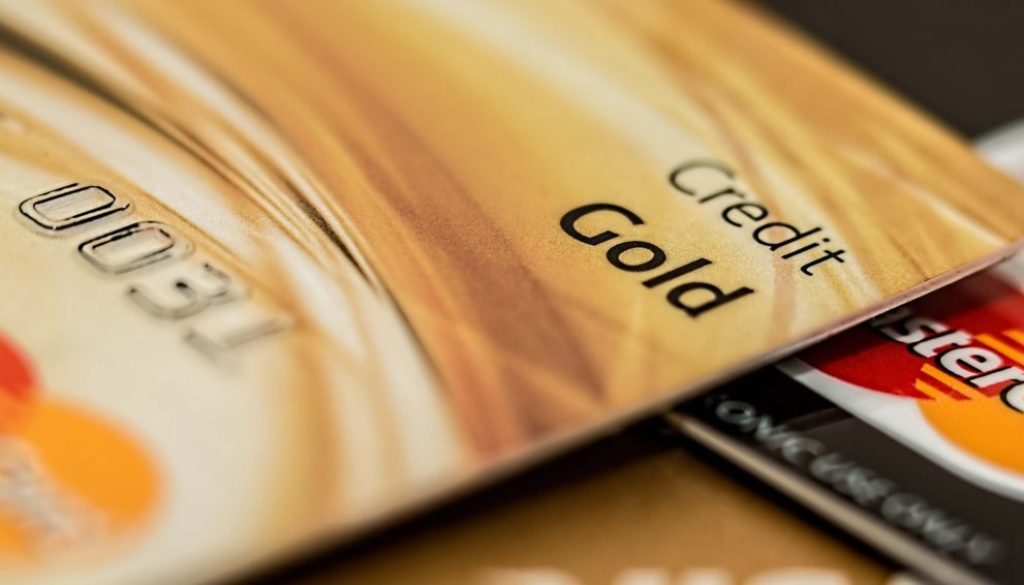Consumers in Kenya often find themselves having a weaker bargaining power when purchasing goods and services. For instance, a person walks to a supermarket and buys a flour, the shelf label indicates that the cost of the flour is Kshs. 146.00. The consumer proceeds to the cashier and gives out a Kshs. 200 notes. The cashier hands the customer a fifty shillings note, two sweets and a smile. The cashier beckons the next customer in line and the preceding customer does not even have the opportunity to ask about the four shillings he or she ought to have received. The above scenario gives rise to legal issues that are addressed below;
- Whether Sweets and Other Alternatives To Coins Are A Form Of Currency In Kenya.
Consumers get sweets as an alternative to the coin balances that they rightfully ought to get from the seller. The Central Bank of Kenya Act, Cap.488 Laws of Kenya defines currency as notes and coins issued by the Bank. Further Section 22 provides that the all monetary obligations or transactions entered into or made in Kenya shall be deemed to be expressed and recorded, and shall be settled, in Kenya currency unless otherwise provided for by law or agreed upon between the parties. There is no law providing that supermarkets should issue sweets and matchboxes in exchange of coin balances. The supermarkets in giving out sweets, matchboxes, airtime and royalty points after the customer pays for the shopping in notes and coins is a violation of the above provisions. Therefore sweets, royalty points, matchboxes or airtime are not recognized as currency in Kenya and therefore the practice of consumers getting these alternatives after purchases is illegal. Besides, on 2nd October, 2015, the Central Bank of Kenya published a statement to the effect that the supermarkets should stop issuing sweets, matchboxes and airtime in place of the legal tender.
- Whether giving out of sweets as an alternative form of currency violates Consumer Rights?
Article 46 (1) (b) of the Constitution of Kenya, 2010 provides that consumers rights which include right to information and right to protection of their economic rights.
The Consumer Protection Act, 2012 Acts No. 46 gives effect to the consumer rights. Based on the provisions of Section 4 of the Act, the practice of issuing out other products to consumers instead of the coins is unjust, unfair and improper trade practice because it denies the consumer the opportunity to get the coins which further impoverishes and weakens their purchasing power.
Additionally, the Act under Section 13(2) (e) and (f) explains unconscionable representation as when person making the representation is aware that the consumer transaction is excessively one-sided in favour of someone else other than the consumer or when the terms of the transaction are so adverse to the consumer as to be inequitable. The practice of issuing consumers with other products in place of their cash balances amounts to unconscionable behavior because it is aimed at benefiting the supermarket or trader and the manufacture of the alternative products to the disadvantage of the consumer. The consumer also loses money to the seller because the coins not given accumulate to thousands of shillings in a single year.
Further, to the consumer right to information, the Consumer Protection Guidelines outline that the price information must be unambiguous, accurate and not misleading to consumers. The supermarket in replacing the coins with sweets mislead the consumer as to the price of the products. In most cases the consumer ends up paying more than the price indicated on the shelf labels which is a contravention of the consumer rights
- Whether giving out of sweets as an alternative form of currency amounts to forced purchase.
Section 9 (8) of the Consumer Protection Act No. 46 defines unsolicited goods or services as goods supplied to a consumer who did not request them. The Act allows the consumer who received goods not requested not to pay for them. Thus, consumers receive unsolicited goods in form of sweets or matchboxes and are not obligated in law to pay for them using their coins in accordance with Section 9(2) of the Act. In the event the consumer pays for the unsolicited goods they can claim a refund within one year as provided under Section 9(6) of the Act.
The Sale of Goods Act, Cap. 31 Laws of Kenya defines a buyer and a seller and introduces the contracts of sale under Section 2 and 3 respectively. The elements of a contract provide that there should be an offer and an acceptance for a contract to be valid. The customer while shopping, picks products based on the price tags in Kenyan Shillings. Consequently, when the consumer gets to the counter and expects to get the balance out of the amount paid, the cashier gives him the notes and sweets in place of the coins. The consumer had not given his acceptance that he will take sweets in exchange of the coins at the onset of the transaction. The customer is forced to enter into an involuntary purchase of a product they never intended to purchase. Besides the consumer is not only forced to purchase the unsolicited goods but purchases them at a profit.
4. Whether giving out of sweets as an alternative form of currency amounts to unfair competition?
The Competition Act, 2010, Act No. 12 of 2010 was enacted to safeguard competition in Kenya. The rampant practice by supermarkets in giving certain brands of sweets in place of coins is resulting in unfair competition. The supermarkets are helping increase the market share for companies manufacturing specific types of sweets to the disadvantage of other companies manufacturing similar sweets.
- Whether giving out of sweets as an alternative form of currenc result in reduced coin circulation?
The fact that the supermarkets have sweets and other alternatives to coins, they are not willing to obtain coins from the Banks therefore reducing the coins in circulation. The supermarkets contend that the coins are bulky and take up considerable space in the vaults and that is the reason they opt for products that are readily available in the store.
Other Jurisdictions That Experience A Similar Dilemma
In the United States of America, the supermarkets are currently facing the same predicament as Kenyan supermarkets. Most supermarkets in USA have resulted in issuing customers with notices that they will not be accepting cents and to that effect the customers should provide exact change. The coin shortage has arisen due to the COVID 19 pandemic, automation of banks and rations on issuance of coins by banks.
The coin shortage has affected consumers because the widespread adoption of mobile and card payments allows most of the supermarkets to embrace these modes of payments over cash transactions. Therefore, consumers who do not have bank accounts and mobile money platforms are disadvantaged. The consumer Federation of America has lamented on the tendency of the prices being increased to avoid giving out nickels and dimes because it makes the consumer purchase a product at a higher price. Additionally, some grocery stores are offering the customers with the option of loading the change to their loyalty cards and that change can only be utilized if the consumer is purchasing products from the same line of grocery store. The grocery store bullies the consumer to make multiple purchases from the same store.
Conclusion and Recommendations
Since the article has established that the practice by supermarkets in substituting legal tender with other alternatives is illegal and contrary to consumer rights, the various bodies mandated under the law to ensure protection of consumer rights should come up with laws and regulation prohibiting such practice. The mandated bodies are;
- The Central Bank of Kenya
- The Consumer Protection Department under The Competition Authority of Kenya
- The Kenya Consumer Protection Advisory Committee
- Consumer Federation of Kenya
The above-named bodies should collaborate and establish a manner in which product prices can be standardized to avoid the consumers being exploited by the sellers. More so, the Central Bank of Kenya should work closely with respective bank branches to ensure that the supermarkets close to their location have enough coin reserves.




